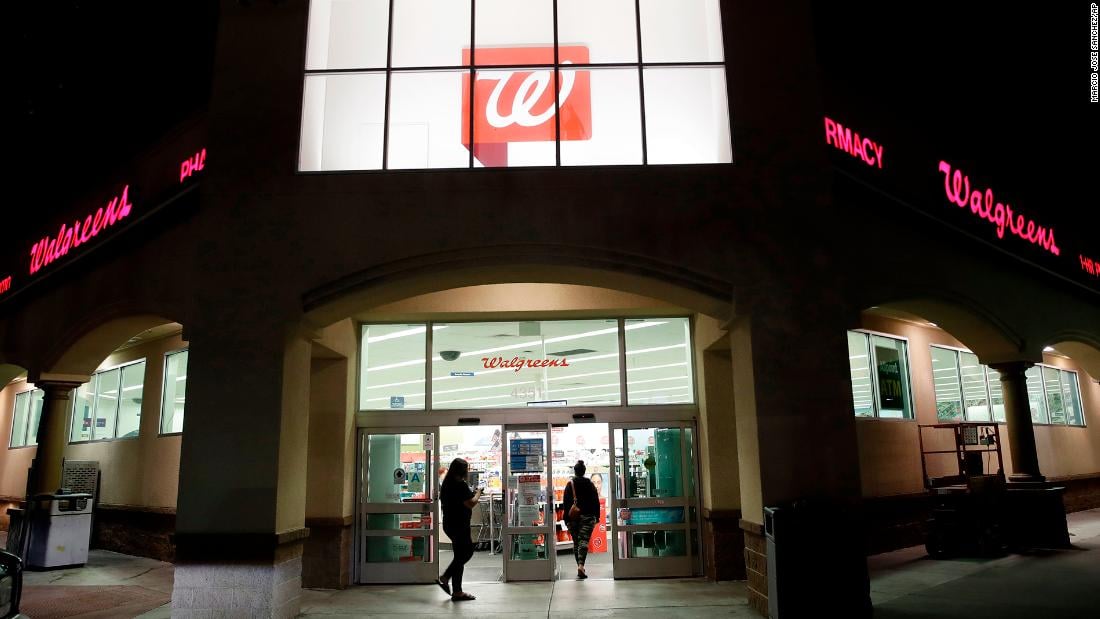- Joined
- Jul 5, 2016
- Messages
- 699
- Reaction score
- 1,296
Found this article and found it interesting. In part, I don't feel sorry for these chains. I'm frustrated plenty of times by their sloppy record keeping on prescriptions and how easily some of the individual pharmacies allow early benzo refills while my office gets millions of calls for "refills" for medications like SSRIs when there is already a prescription on file and they let my patients run out cold turkey because the system is too flawed or staff are too lazy to check all the prescriptions on file. But another question it raised is this, when will or can patients be also held accountable for entering themselves into the crises they find themselves in? Often times it is patients seeking this out. Our office gets so many calls because "doctors won't refill these medications I need." Then they find someone who gives them what they want, when they get in trouble, it's "that terrible doctor." I sure wish at times there was a way patients can be held responsible for this. I know I've said this so many times, but over 75% of the calls for this office for prospective patients are for daily benzos and/or stims. Many already on opiates and with other comorbidities. Soon as we say we're not doing that, they go looking else where. Yes, providers should not prescribe recklessly, pharmacies should do their due diligence, but patients really should be held accountable too. Ok, done with my rant now.

